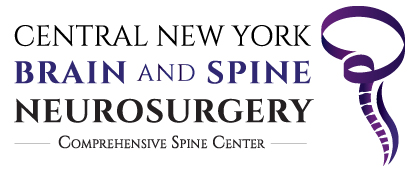Every year, approximately 85 out of every 100,000 American adults are affected by pinched nerves. Learning to recognize common pinched nerve symptoms will help you recognize if you are of them. However, before we get into what those symptoms look like, let’s take a look at what the condition really is.
What Does a Pinched or Compressed Nerve Indicate?
A pinched or compressed nerve occurs when an excessive amount of pressure is applied to a nerve. This pressure is usually exerted by the tissues, bones, muscles, and cartilage surrounding the nerve. While the damage caused by a pinched nerve varies from patient to patient, it is treatable. In milder cases, the pain will simply pass. However, more severe cases could warrant surgery. Some of the most commonly affected areas include the back and the neck, but you have nerves all across your body. This means that you could experience this condition anywhere. If you feel like your symptoms are particularly bad, or if the pain does not pass, it’s a good idea to set up a consultation with a qualified doctor. Now that you’ve got a general understanding of what a pinched nerve is, let’s take a look at the signs.
Common Pinched Nerve Symptoms You Need to Know
The areas where you experience these symptoms depend on where the pinched nerve is located. For example, if you have a compressed nerve in your cervical spine, you could experience stiffness within your neck or pain along your arm. With that in mind, here’s what you need to look out for.
1. Focused Pain
A sharp pain along the affected area is one of the most common signs. The pain may come and go, but if it continues for more than a few days, you should definitely see a doctor.
2. Numbing
Some people experience a numbing of the area. This could also be experienced as losing sensation or the ability to feel within a particular muscle.
3. Radicular Pain
Pain also radiates outwards. This feels like a shooting or burning pain across your extremities. For example, it could begin at your thigh and radiate all the way down your leg.
4. Burning
Tingling and burning sensations are common as well. This often manifests as pins and needles or a prickly feeling within the area.
5. Feelings of Weakness
Weakness or heaviness while engaging that particular muscle is also an important indicator of pinched nerves. Fatigue due to engaging in a particular activity that requires a specific muscle group to perform is a common sign.
Need to See a Doctor?
Pinched nerves can often lead to more complicated issues, and it’s important that you address your symptoms immediately. If you feel like you have these pinched nerve symptoms, it’s time to seek medical help.Have questions regarding your condition? Unsure about what to expect? Schedule a consultation with us now, and we’ll be happy to get in touch!

